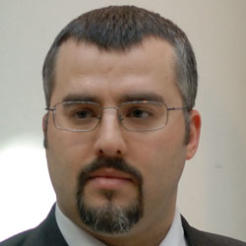The Directory of Social Change leapt to the defence of the Charity Commission yesterday following the news that its funding settlement is to be cut by a further 6 per cent in two years’ time.
Jay Kennedy, the DSC’s director of policy and research, said the government “seems intent on destroying” the Charity Commission, despite its international reputation as a model charity regulator.
The additional budget cut announced in yesterday's 2015/16 Spending Round means that the Commission will have lost 50 per cent of its funding in real terms over the last three spending reviews. Kennedy said: “The amount being cut is vital for the Commission to function effectively but absolutely miniscule in the grand scheme of public spending.
“In fact politicians waste the same amounts of money over and over on any number of hare-brained projects and programmes that achieve little.”
He said the recent Cup Trust scandal and the Plymouth Brethren case had put the Commission under intense public scrutiny and generated “frothy debate” in Parliament and the press – yet the government is unwilling to resource the regulator adequately to enable it to meet the high expectations put upon it.
The service provided by the Commission to charities will also be badly affected by the new funding settlement, Kennedy predicted. “Already help and advice that many small charities and voluntary trustees rely upon has been radically scaled back.
“Backlogs and delays in getting various permissions and legal consents are likely to build up, and the cuts are likely to lead to slower response times in registering charities, thwarting the ambitions of those that want to give their time and raise public funds for good causes.
“The Charity Commission has a tough job,” Kennedy concluded. “It isn’t loved by politicians, ministers, nor necessarily even charities or the public. But its regulatory role is well established and we really need it. The government urgently needs to think again.”










